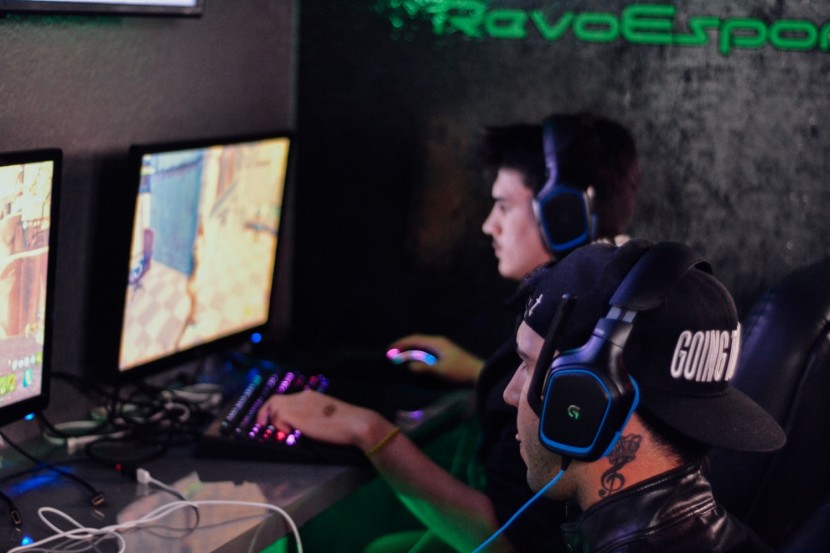The Anti-Defamation League (ADL) released a study claiming that some of the most popular online games allow racist, sexist, anti-semitic, anti-LGBTQ+, ableist, and white supremacist phrases to be used in usernames without any kind of censorship.

Fight Against Hatred, Extremism
In a paper published by the ADL Center for Technology and Society on Monday, July 24, usernames are one of the least time-consuming aspects of content moderation since they are already subject to screening by the registration system.
According to NBC News, the analysis concludes that gaming businesses are not doing enough to combat hatred and extremism on their platforms owing to their inability to censor harmful messages in one of the earliest and most obvious areas.
The ADL claims that the usage of inappropriate names in online games has contributed to the creation of a hostile and divisive atmosphere.
This investigation adds to a growing body of evidence that suggests extremist ideas and imagery may be propagated via internet gaming.
Online hate speech and harassment have increased over the last four years, according to the ADL's annual study on extremism. Over 2,000 Americans participated in the research in 2022, and its results showed that the vast majority of adults and teenagers had encountered hatred and abuse while playing online games.
The most blatant sign of extremism on a given platform is often the user's name. In a research published in the Journal of Computers in Human Behavior in 2022, Reddit users with offensive or sexually-explicit usernames are more likely to engage in harassment of other users and the creation of hazardous information.
See Also : Federal Trade Commission Files Appeal Against $69 Billion Microsoft-Activision Acquisition Deal
Analysis of Top Multiplayer Online Games
Five prominent online multiplayer games were analyzed by ADL researchers. These titles included League of Legends, PUBG: Battlegrounds, Fortnite, Overwatch 2, and Call of Duty, all of which can be found in the top 25 on Tracker Network. Tracker Network estimates that tens of millions and hundreds of millions of people have played these games since their debut between 2009 and 2022.
Online games are difficult to moderate due to changing contexts, new objectionable phrases, and radicals' use of coded jargon. The research recommended that businesses seek advice from specialists and monitor the emergence of new terms as a means of addressing the problem.
Researchers claimed to have tried registering a range of inappropriate usernames across five categories in two games: antisemitism, sexism, racism, anti-LGBTQ+, ableism, and white supremacism.
The results demonstrated that objectionable phrases were moderated in a way that varied from game to game. Results from the registration systems of the different games were inconsistent. On Call of Duty: Warzone, for instance, one anti-LGBTQ+ username was accepted while another was not.
The research found that the least offensive nicknames were on Overwatch 2. NBC News said this might be partly due to Overwatch 2's recent release and Blizzard Entertainment's commitment to improving its games' online security.
In the past, it has been difficult for developers of online multiplayer games to police the usage of microphones and headphones for the purpose of preventing hate speech and harassment among players.








